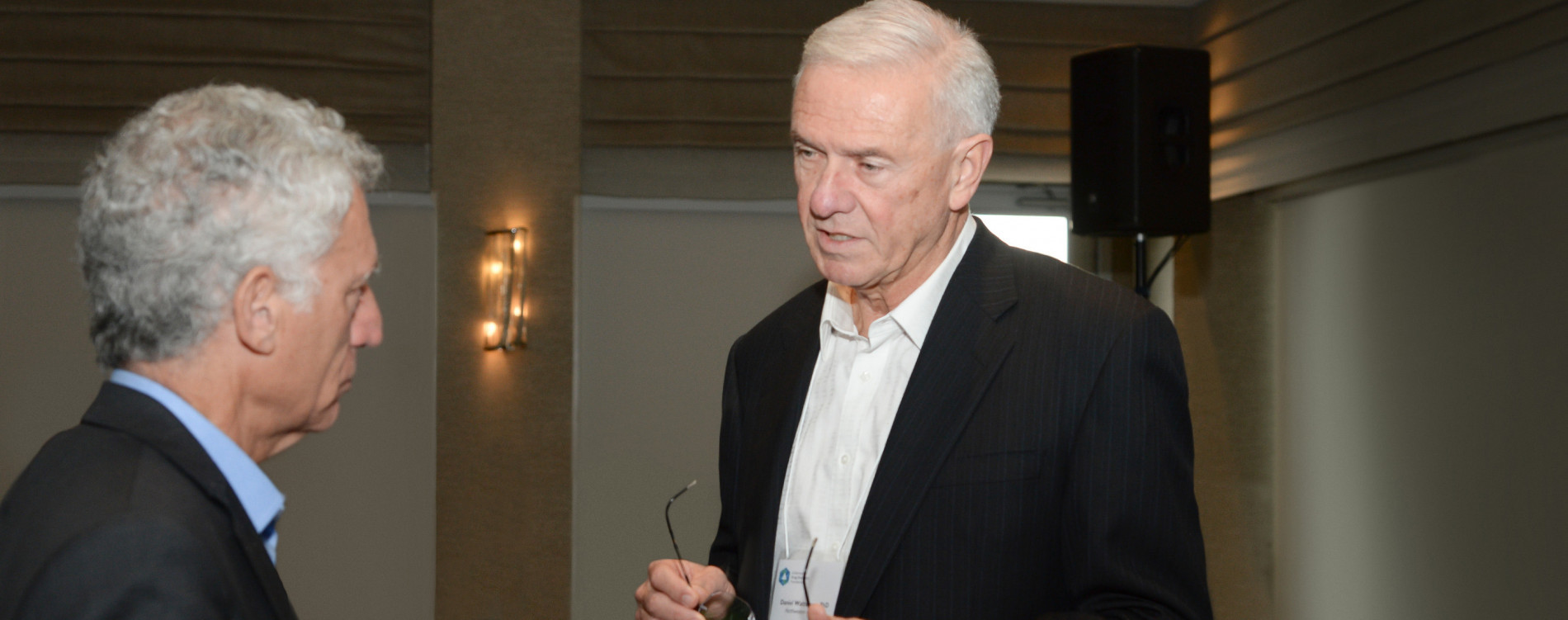Almost 20 years ago, the Alzheimer's Drug Discovery Foundation (ADDF) was founded to change the future for Alzheimer's patients. There weren't enough drugs being developed, and they were almost all focused on a single target—beta-amyloid plaques. Research had revealed important new targets for treating Alzheimer's, but no one was investing in them. The ADDF stepped in.
At our 18th Annual Conference on Alzheimer's Drug Discovery next week in Jersey City, the impact of our approach will take center stage. Some of the first programs the ADDF supported have made it to clinical trials, joined by others we funded in later years. Here, we highlight researchers presenting their work on two critical drug targets.
Inflammation
Research emerged decades ago about the role of inflammation in chronic illness, but few understood how important it would become in treating Alzheimer's disease.
Some of the ADDF's earliest investments were in drug discovery targeting inflammation, including programs by Dr. D. Martin Watterson. At the conference, Dr. Watterson will share preclinical data on his drug MW150. It is on track to reach human clinical trials early next year. MW150 is p38αMAPK inhibitor that lowers level of inflammatory cytokines, which damage neurons.
At his Boston-area biotech Gliacure, Dr. Philip Haydon is preparing for phase 2 clinical trials of his drug GC021109. He'll share data from his successful phase 1 trial. Dr. Haydon's drug targets the P2Y6 receptor on microglia, which are the brain’s immune cells. By activating this receptor, GC021109 stimulates microglia to remove sources of inflammation, such as misfolded proteins.
Neural Regeneration
Restoring or repairing neurons could potentially restore lost function and even lost memories for Alzheimer's patients. Some previous studies using stem cell injections failed, but several researchers are trying more nuanced approaches.
In her conference presentation, Dr. Roberta Diaz Brinton of the University of Arizona Health Sciences will share progress on developing allopregnanolone as an Alzheimer's treatment. Allopregnanolone is a neuro-steroid that spurs neural stem cells to become new neurons. After years of ADDF-supported research, Dr. Brinton has advanced to phase 2 clinical trials.
Dr. Leen Kawas of M3 Biotechnology is taking another path. Her drug NDX-1017 is on track to reach phase 1 trials this year. It activates the neurotrophic factor HGF. Neurotrophic factors can protect and restore neurons and potentially regrow damaged synaptic connections between them.
At the conference, the researchers developing these drugs will share their results, which provides inspiration to others in the field and hope to patients. For the complete agenda of presenters, visit our conference website.
Lauren Friedman, PhD is Director, Scientific Affairs at the ADDF.
